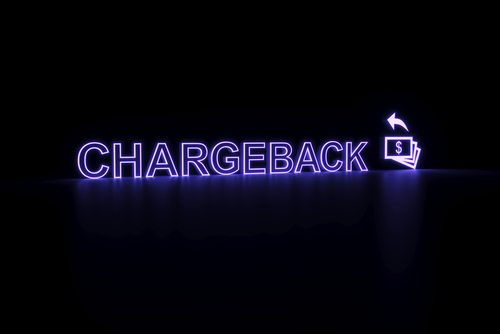Updated by 01.11.2025
How to Stop Chargebacks Before They Occur
Let’s face it: Chargebacks are expensive for merchants. Merchants rack up $50 to $75 in chargeback fees each time a customer succeeds in having a chargeback deemed legitimate by the issuing bank. The more chargebacks a merchant has on its record, the higher the chargeback fees it incurs.

Then, there’s the cost of arbitration when merchants lose a chargeback dispute and push forward to reverse the tide. For example, MasterCard charges $150 to file for chargeback arbitration, plus a $250 administrative fee, a $150 withdrawal fee, and a $100 technical fee all of which are paid by whichever party loses, withdraws, or violates dispute processing rules.
Fortunately, there are steps merchants can take to prevent dealing with excessive chargebacks, dispute them, and avoid the resulting fees, and that can be supported by effective chargeback management. These steps center around working with customers.
Offer a Solution Maybe Even When It Hurts
In a previous blog, we explained how reminding customers to contact the merchant before calling the bank may head off chargebacks. But there are other steps merchants can and should take to head a customer off at the pass where initiating chargebacks are concerned or convince the consumer to drop a disputed charge (potential chargeback).
It begins with contacting the customer and attempting to resolve the dispute in a calm, professional way. Merchants can propose an easy solution to the customer’s problem, such as a refund or replacement shipment. This can be sufficient to get the customer to drop the dispute.
Any agreement to refund a purchase or replace an item should be made in writing. If the agreement was formed via email, the email message chain should be saved as proof of its existence. If the agreement was made by telephone, the customer should receive an email confirming the date and time of the conversation and spelling out the resolution that was reached.
Ask the Customer to Connect with the Issuing Bank
Once the agreement has been finalized, merchants should ask that the consumer contact the issuing bank to let them know about it. Otherwise, the bank will have no way of knowing that a chargeback issue has been resolved.
Do the Research
Merchants should take the time to check all documentation of their business transactions to find evidence that the customer’s reason for initiating a chargeback doesn’t hold water. Those that own a brick-and-mortar store may find records indicating that the customer swiped his or her credit card and signed a receipt for a transaction the individual later denies having made. Those that operate an online store may have online records of a given disputed transaction, along with emails between the customer and their business.
Researching transactions is important even for merchants that sell services. E-Complish recently heard of a situation in which a consumer claimed that although he had paid to take advantage of an online service, he had never done so. He asked for a refund. By checking its records, the merchant was able to ascertain that the consumer had indeed used the service and to identify on which dates this use had occurred. Politely confronted with this evidence, the consumer opted not to pursue the refund, and the merchant was “off the hook” for the chargeback.
E-Complish offers payment solutions that simplify the process of documenting transactions, which can help merchants when it comes to avoiding costly chargebacks. Learn more and schedule a consultation.
Table of Contents
Table of Contents

